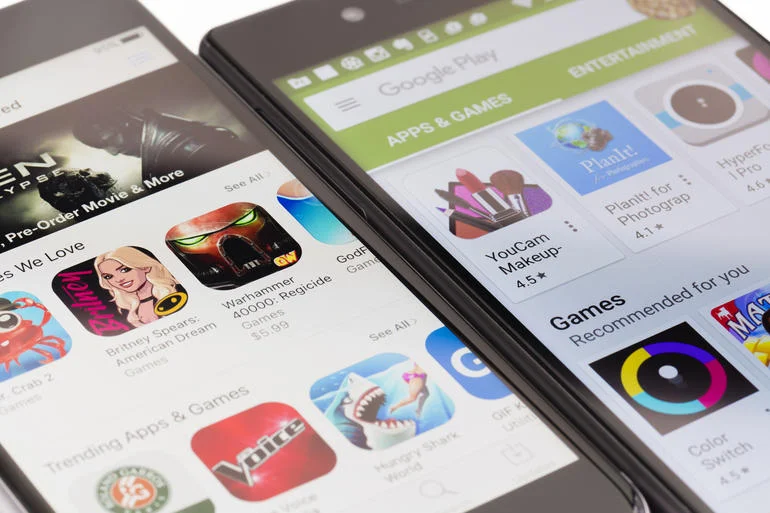The new Outlook features can help you manage your time, respond to emails, take care of important things and more. Also, new upcoming features will connect you to the people and technology that power your productivity and help protect you and your business. Want to see what’s new and coming soon from Microsoft? Read on.
Highlights from Google I/O 2018
What does Apple know from your data?
Privacy is something everyone values, so as we become more and more connected online, we become more and more concerned about volunteering our information. Tech companies like Apple, Google, Facebook, and Amazon not only get the data we willingly provide, but also get lots of data we unwittingly provide. How much are you unsuspectingly providing to Apple?
What Facebook & Google Know
Let’s first look at what Facebook knows about you. As the biggest social network in the world, Facebook makes a lot of money through advertising. The more data it gathers about you, the more able they are to target you with relevant ads. Aside from the information you provide when you open an account, Facebook also tracks your browsing history, knows your social circle, and keeps note of your general interests.
Facebook also retains the names and numbers of people in your contact list who are not yet on Facebook to create “shadow profiles.” When they sign up for the social network, these contacts appear in your “People You May Know” recommendations.
Facebook’s Messenger app keeps a record of all your conversations, contacts, and even SMS messages (if you give Messenger permission to manage them).
Google also gathers data to target users with promotions and advertising. But they have more data to collate and play with, thanks to their other services like Google Maps, AdSense, and YouTube. They know the places you’ve been, the things you buy online, and the music you like.
What Apple Knows
Compared with Facebook and Google, Apple knows little about you. They know your name, home address, email address, all the apps and songs you’ve downloaded, and anything you’ve purchased in the Apple Store.
Facebook, Google, and Apple all allow you to download a file that reveals what they know about you. The files from Facebook and Google are often massive, sometimes containing gigabytes’ worth of data. Apple’s files are a lot smaller, and they make it more difficult for you or a hacker to download and see all the information they have on you.
Protecting your privacy online doesn’t mean you have to swear off Facebook or stop using Google’s services, but knowing how these companies collect information about you is the first step. If you want to learn more about how Apple collects information on you, don’t hesitate to give our experts a call.




